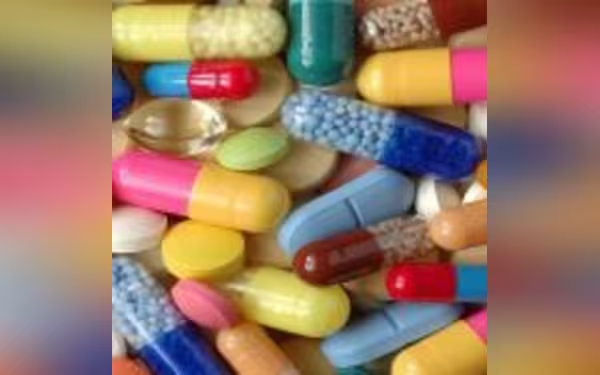Tuesday, July 2, 2024 03:14 PM
Government Raises Sales Tax on Healthcare Items
- Sales tax on pharmaceutical raw materials increased from 1% to 18%
- Standard 18% sales tax introduced on medical treatment and diagnostic equipment
- 20% sales tax imposed on import of essential medical supplies
 Image Credits: pakistantoday
Image Credits: pakistantodayThe government's decision to raise sales tax rates on essential healthcare items has sparked concerns about potential price hikes in the drug market and impacts on consumers and the healthcare sector.
The recent announcement by the government to raise the sales tax rate on raw materials used in pharmaceutical production from 1% to 18% has sparked concerns about potential price hikes in the drug market. This decision, outlined in the Finance Bill 2024, signifies a significant shift in taxation policies affecting items falling under Chapter 30 of the First Schedule. The amendments proposed in the Sales Tax Act and the Customs Act aim to remove certain exemptions previously granted to pharmaceutical goods.
Moreover, a standard 18% sales tax has been introduced on medical treatment and diagnostic equipment across various medical specialties such as cardiology, neurology, oncology, and urology. This change extends to products supplied to charitable hospitals with 50 or more beds and items imported by non-profit organizations, which will now be subject to the same tax rate. Additionally, a 20% sales tax has been imposed on the import of essential medical supplies like syringes, needles, and catheters.
The increase in sales tax rates on pharmaceutical raw materials and medical equipment is expected to have a direct impact on consumers, healthcare providers, and the overall healthcare sector. With higher production costs for pharmaceutical companies, there is a likelihood of increased drug prices, potentially burdening patients and healthcare facilities. Charitable hospitals and non-profit organizations may also face financial challenges due to the additional tax burden on medical supplies.
The government's decision to raise sales tax rates on essential healthcare items reflects a strategic move to generate revenue and streamline taxation policies. While these changes aim to enhance fiscal sustainability, it is crucial for policymakers to consider the broader implications on accessibility to healthcare services and affordability of medical treatments. As stakeholders navigate through these adjustments, transparency and communication will be key in ensuring a balanced approach towards economic objectives and public welfare.













